STPM
University Requirement
All below requirements must be fulfilled:
Programme Requirement
Mathematics.
MATRICULATION / FUNDAMENTAL CATEGORY
All below requirements must be fulfilled:
University Requirement
Programme Requirement
DIPLOMA AND EQUIVALENT CATEGORY
University Requirement
Programme Requirement
STAM CATEGORY
All below requirements must be fulfilled:
GENERAL REQUIREMENTS:
OR
OR
OR
AND
LANGUAGE REQUIREMENTS:
OR
OR
AND
FACULTY REQUIREMENTS:
AND
AND
AND
Faculty of Bioresources and Food Industry
Universiti Sultan Zainal Abidin (UniSZA)
Besut Campus
22200 Besut, Terengganu
T: 09-699 3100
E: fbim@unisza.edu.my
The Bachelor of Science (Hons) in Aquatic Science is the best preparation for a career in aquatic science. The program is an applied science degree that combines the fundamentals of science with the fields of aquatic science and is complemented by extensive practical work.
The policy of offering the Bachelor of Science (Hons) Aquatic Science Program is in line with the National Agro-Food Policy, 2011-2020 to support the Government’s efforts in ensuring adequate and safe food supply to the people and increase contribution to national income and agri-entrepreneurs. In the first year of study, students are exposed to aquatic science systems through a variety of basic courses such as biochemistry, genetics, microbiology, analytical chemistry, ichthyology, oceanography, and limnology. In the second and third year of study, courses taught include biostatistics, hydrology, aquaculture principles, swimming and water safety, shellfish biology, scientific research methods and writing, aquatic engineering, aquatic pollution, agricultural development, food and fish nutrition, fish culture, hatchery and farm management, integrated aquaculture, aquaponics, microanatomy, agricultural economics, fish processing and preservation as well as bioflock technology.
Duration of study: 4 years
for the latest news

Gong Badak Campus,
Gong Badak, 21300 Kuala Nerus,
Terengganu Darul Iman, Malaysia
Phone : +609-668 8888
Email : pro@unisza.edu.my
Disclaimer & Copyright Notice | Privacy Notice | Security Notice | W3C Disability Access | Cookies Notice
All Rights Reserved © 2022 Universiti Sultan Zainal Abidin | UniSZA